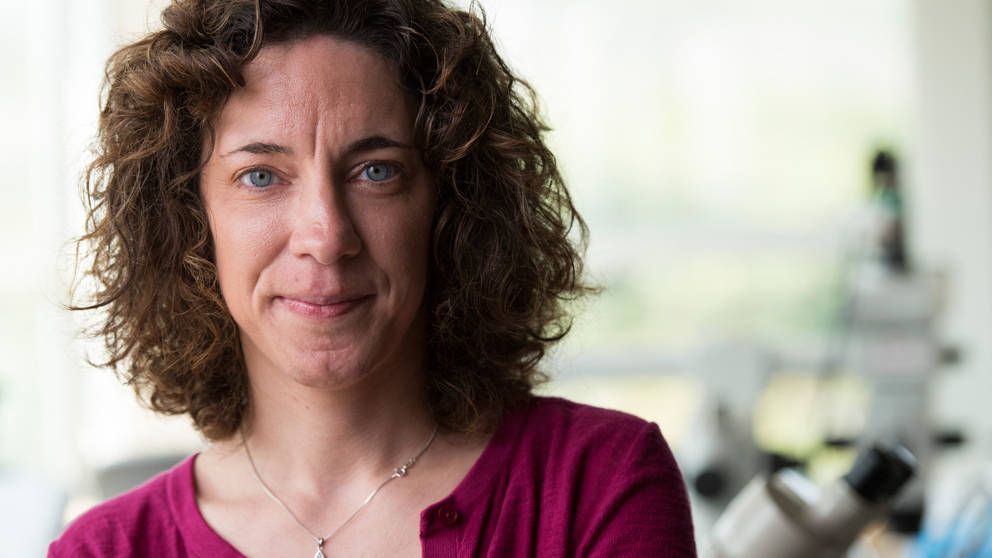Every cancer diagnosis is unique. Isn't it time cancer research is, too?
Our mission:
- Ask the right questions to solve the right challenges.
- Use genetics to diagnose, treat and cure cancer.
- Use big data and computational expertise to push cancer research further.

WE'RE Asking the right questions
The challenge: Why do some cancer cells survive and thrive?
The power of precisely profiling individual cancers will lead to tailored treatments for each cancer patient. In his lab, Roel Verhaak uses computational biology approaches to analyze genomic data sets from human patients (and dogs!) with brain tumors, with the main goal of improving understanding of therapy resistance.
The challenge: Where to look beyond DNA for targeted cancer therapies?
Like many creative endeavors, movies contain only a fraction of the footage collected during filming. Indeed, hours of outtakes are removed — left on the cutting room floor — and never make it in to the final product. Surprisingly, the genome has a cutting room floor, too. In her lab, Olga Anczuków is on the hunt for novel cancer therapies that can shrink a tumor or stop if from spreading.
The challenge: Can we stop and target acute myeloid leukemia before it starts?
As we age, we grow more likely to develop cancer. In her lab, Jennifer Trowbridge wants to know why older people are more likely to get acute myeloid leukemia (AML). She is investigating aging stem cells that should be building blood cells but are developing cancer cells instead.